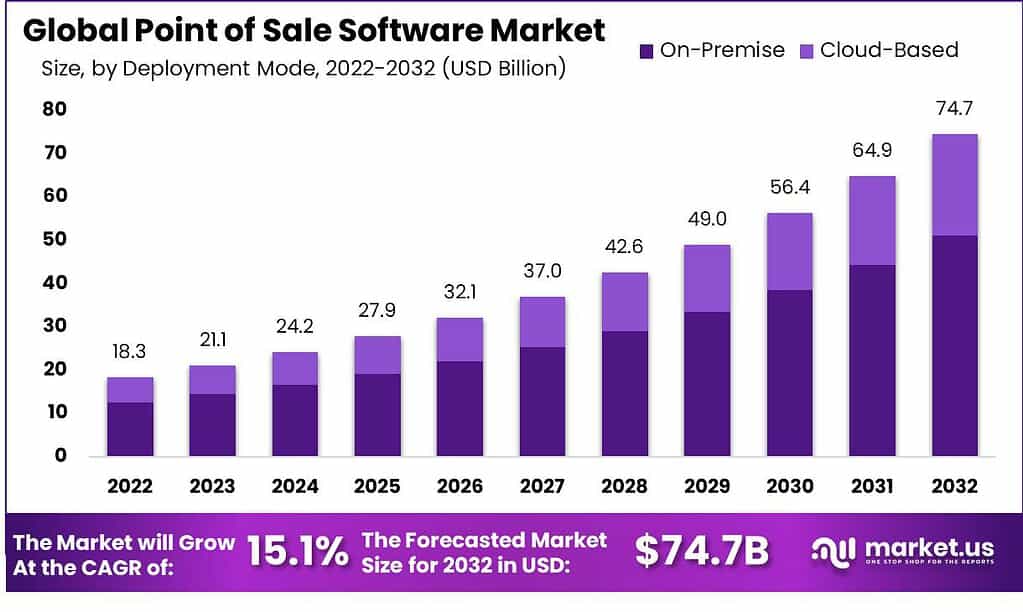Evolving Technologies: The Future of POS Systems in Singapore
Discover the groundbreaking innovations shaping the future of POS systems in Singapore and revolutionizing the way businesses operate.
Table of Contents
In today’s fast-paced retail and hospitality industries, Point of Sale (POS) systems play a crucial role in streamlining operations and enhancing customer experiences. As Singapore continues to establish itself as a hub for innovation and technological advancement, the evolution of POS systems in the country is shaping the way businesses interact with their customers. Let’s delve into the three key trends that are driving the future of POS systems in Singapore.
Integration of Online and Offline Sales
The demand for omni-channel shopping experiences is on the rise, with customers expecting seamless transitions between online and offline transactions. To meet this growing need, POS systems in Singapore are being adapted to integrate both online and offline sales channels. This integration allows retailers to provide customers with a unified shopping experience, regardless of whether they are browsing products in-store or making purchases online.
By embracing the integration of online and offline sales, businesses in Singapore can benefit from increased customer satisfaction and loyalty. For example, customers can conveniently browse products online and pick them up in-store, or vice versa. This seamless experience not only enhances the customer journey but also improves operational efficiency for retailers.
[Related Articles: Best POS Systems: 5 Solutions Leading Omnichannel Innovation]

Mobile POS Solutions
The shift towards mobile POS solutions is revolutionizing the way businesses conduct transactions in Singapore. With the convenience and flexibility of mobile POS systems, retailers and hospitality providers can serve customers faster and more efficiently. Whether it’s processing payments tableside in a restaurant or completing transactions on-the-go at a retail store, mobile POS solutions offer a level of convenience that traditional POS systems cannot match.
Businesses in Singapore that have adopted mobile POS solutions have seen tangible benefits, such as reduced wait times for customers and increased staff productivity. By empowering employees to conduct transactions anywhere in the store or restaurant, mobile POS systems are transforming the customer experience and driving operational excellence.
A prime example of successful mobile POS implementation can be seen in the case of Hai Di Lao Hotpot. Renowned for its exceptional service, the restaurant utilizes mobile POS to expedite order-taking, streamline kitchen communication, and proactively address customer needs. [Source: Hai Di Lao website]
Data Analytics and Personalization
Understanding customer behavior and preferences is essential for businesses to stay competitive in today’s market. POS systems in Singapore are increasingly incorporating advanced data analytics tools to provide insights that drive personalized shopping experiences. By leveraging data analytics, businesses can tailor their offerings to individual customers, leading to increased sales and customer loyalty.
 Image courtesy of via Google Images
Image courtesy of via Google Images
Companies in Singapore that harness the power of data-driven insights are able to create targeted marketing campaigns, recommend personalized product recommendations, and optimize pricing strategies. By utilizing POS systems that offer robust data analytics capabilities, businesses can stay ahead of the curve and deliver exceptional customer experiences.
Conclusion
The future of POS systems in Singapore is characterized by innovation, convenience, and personalization. By embracing the integration of online and offline sales, adopting mobile POS solutions, and leveraging data analytics for personalization, businesses can enhance their operations and drive customer engagement. As Singapore continues to lead the way in technological advancement, companies that prioritize the evolution of their POS systems will position themselves for success in the competitive retail and hospitality landscape.



